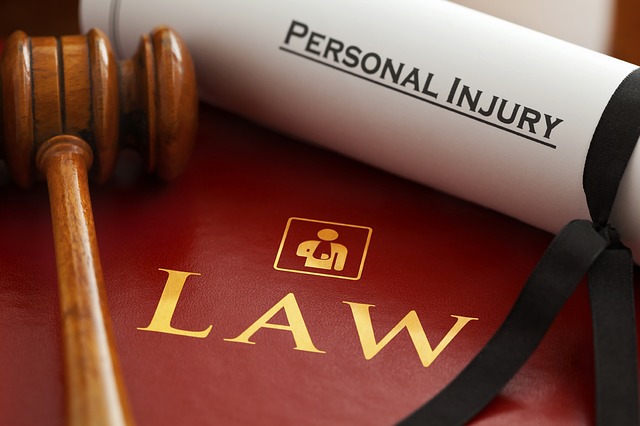You’ve heard of negligence being a factor in personal injury claims, but what is negligence?
The Cornell Law School dictionary defines negligence as “a failure to behave with the level of care that someone of ordinary prudence would have exercised under the same circumstances. The behavior usually consists of actions, but can also consist of omissions when there is some duty to act.”
The fact that someone else’s negligence caused your injuries is fairly easy to prove in court, but you have to file a personal injury claim within a certain time period. Personal injury claims are bound by the statute of limitations which dictates how long you have to file. In Illinois, for example, you have 2 years from the date of your accident to file a complaint in court.
According to Salvi Law, proving negligence requires establishing how a person’s careless conduct caused you to suffer injuries. However, there are multiple types of negligence. Once your case commences, your lawyer will argue to prove one of the following five types of negligence against the other party:
1. Contributory Negligence
Contributory negligence places a portion of fault with the plaintiff. It’s possible for an accident to have multiple responsible parties who contributed to varying degrees. If you’ve been involved in a car accident, for example, and you were found partially liable for the damages, then contributory negligence might apply to you.
This type of negligence doesn’t absolve the person you’re suing of their responsibilities, but your partial responsibility will diminish the amount of compensation you’re awarded.
An example of contributory negligence might include not wearing a seatbelt at the time another driver hit your car. The other driver may have caused the accident entirely on their own, but you can be held partially liable if not wearing a seat belt contributed to your injuries.
2. Comparative Negligence
Comparative negligence is a defense that aids in settling out of court. For example, say you were involved in a car accident and you were found partially responsible for your injuries. Your settlement amount will be reduced according to your degree of fault in the accident. For instance, if you were driving under the influence, you might be held 40% responsible for your injuries which would reduce your settlement by 40%.
3. Comparative and Contributory Negligence Combined
If you’ve filed a personal injury claim but you’re found to be more than 50% responsible for the damages, your settlement will be reduced by 50% or might be denied entirely.
4. Vicarious Negligence
Vicarious negligence is when a person is held responsible for the negligent actions of someone they are legally responsible for, such as a minor child. Pet owners are routinely held liable for the damaging actions of their pets. Similarly, an employer might be held liable for the actions of his or her employees in his presence.
This type of negligence is commonly referred to as “imputed negligence.”
5. Gross Negligence
Gross negligence is more serious and is seen often in cases of medical malpractice. For example, a physician who uses unsanitary medical equipment can be charged with gross negligence.
To prove gross negligence, the situation must meet following conditions:
- The person you’re suing must owe you a duty
- The person you’re suing must have failed to perform that duty
- You must have suffered harm or injury
- Your harm or injury must be the result of the other party’s failure to perform their duty
A case of gross negligence is easier to prove when the person you’re suing was aware of the potential consequences of their actions (or inaction) or they were intentionally negligent.
Perhaps the most common form of gross negligence is seen in premises liability where a business owner neglects to take care of their property and a customer is injured.
The penalties for gross negligence are harsh and can include compensation for emotional pain and suffering and punitive damages to deter the defendant from repeating their negligent actions.
Don’t pursue a personal injury claim alone
Negligence is easy for a lawyer to prove, but not for a layman. If you’ve been involved in an accident and are seeking compensation for your injuries, make sure you hire an attorney. You’re up against a battle you don’t want to fight alone.




